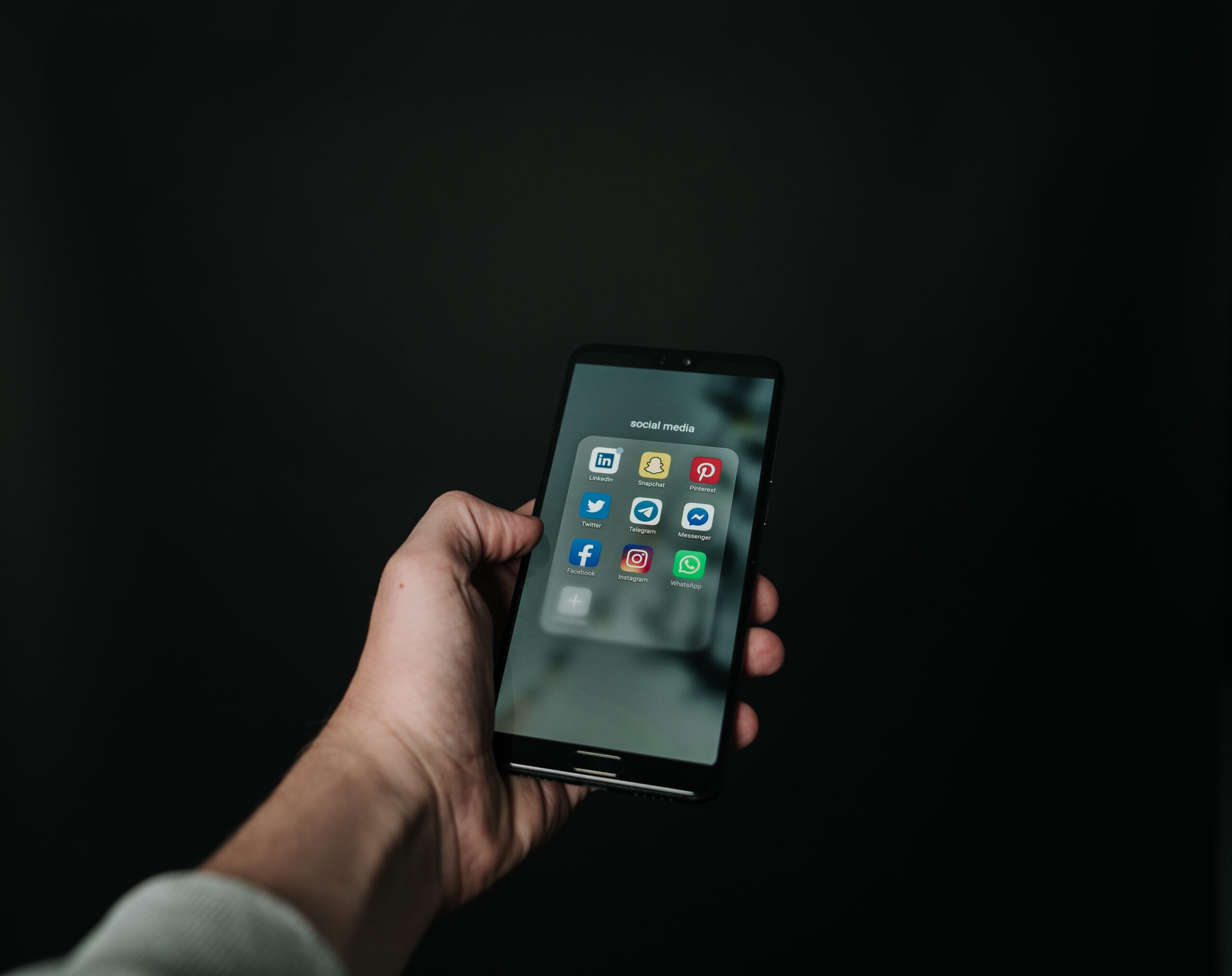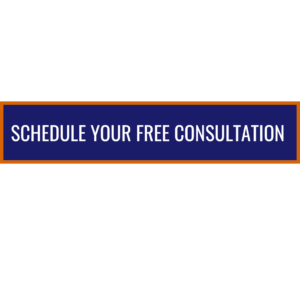
- By: Sheila
- social media
- Aug 7
- Comments (0)
How Social Media Posts Can Affect Your Personal Injury Claim
In today’s digital age, social media has become an integral part of our daily lives. While sharing updates and experiences with friends and family can be enjoyable, it’s essential to be cautious about what you post, especially when involved in a personal injury claim. Insurance companies and defense attorneys often scour social media platforms for evidence that can be used to dispute or devalue your claim. In this blog post, we will explore how social media posts can impact your personal injury claim and provide tips for using social media wisely during the claims process.
-
Surveillance and Evidence Gathering
Insurance companies and defense attorneys will often conduct surveillance on claimants to gather evidence that could be used against them. Your social media posts can inadvertently provide valuable information about your daily activities, hobbies, or vacations, which might contradict the extent of your injuries claimed in the case.
-
Contradicting Your Injury Claims
Posting photos or updates that showcase physical activities or events that appear inconsistent with the injuries you claim can weaken your case. For example, if you claim to have sustained a serious back injury but post photos of yourself participating in sports or lifting heavy objects, it may be used as evidence to challenge the severity of your injuries.
-
Misinterpretation of Posts
Even innocent posts can be misconstrued in a way that may harm your claim. For instance, posting about a fun outing or celebration might be taken out of context to imply that you’re not as injured or suffering as much as you’ve claimed.
-
Privacy Settings Are Not Foolproof
Relying solely on privacy settings to protect your social media content may not be enough. Defense attorneys may still find ways to access your posts, especially if someone from your social circle shares information about your activities.
Tips for Using Social Media During a Personal Injury Claim
-
Limit Social Media Activity
Consider limiting your social media activity or taking a break from posting until your claim is resolved. This precaution can help prevent any potential misunderstandings or misinterpretations of your posts.
-
Avoid Discussing Your Case
Refrain from discussing any details about your personal injury claim on social media. Even seemingly innocuous comments can be used against you later on.
-
Review Existing Posts
Review your existing social media posts and remove any content that could be misinterpreted or used against your claim. Ask friends and family to avoid tagging you in posts or sharing information related to your case.
-
Adjust Privacy Settings
Update your privacy settings to restrict access to your posts. Limit who can view your content and be cautious about accepting friend requests from unfamiliar individuals.
-
Think Before Posting
Before posting anything, consider how it might be perceived in the context of your personal injury claim. Ask yourself if the content could be misconstrued or used to challenge your injuries or damages.
-
Consult with Your Attorney
Communicate openly with your personal injury attorney about your social media presence. Your attorney can provide guidance on how to navigate social media during the claims process and advise you on any necessary precautions.
Social media can have a significant impact on your personal injury claim. What you post or share online may be used as evidence against you, even if your intentions were innocent. To protect your claim’s integrity, it’s crucial to be mindful of your social media activity and exercise caution in what you post. Remember that the best approach during a personal injury claim is to limit social media activity and discuss any concerns or questions with your attorney. By being vigilant about your online presence, you can ensure that your personal injury claim is not compromised by inadvertently sharing information that could harm your case.
A personal injury lawyer can help you understand your legal options and negotiate a fair settlement on your behalf. Click here to schedule a free consultation with one of our skilled California lawyers to learn more about your options. Or call our offices at 707 549 8166.

